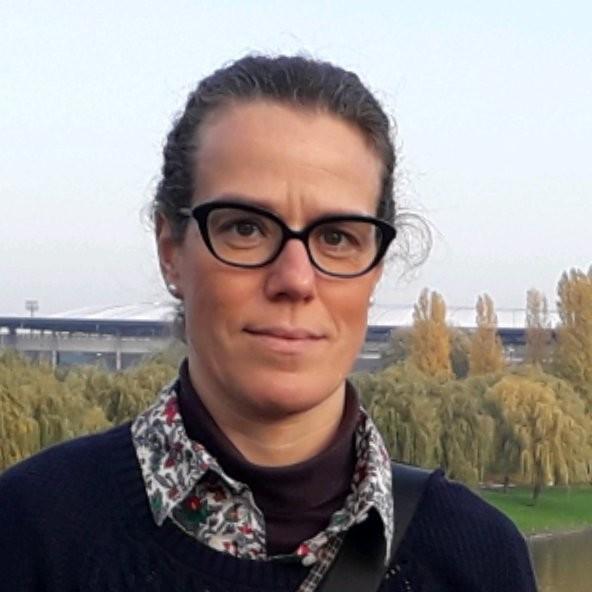Fàtima Canseco López and her experience at NITIM

NITIM is an international graduate school for research on Networks, Information Technology and Innovation Management.
La Salle’s PhD students participated las month and in this case, Fàtima shares her experience:
"This was the 2nd time I participated in the NITIM Summer School. It was a good opportunity to share my research and to receive feedback as well as to know more about other topics of other attendants to this event.
We were working in groups of 3 PhD candidates and two Professors. The feedback provided was extremely interesting and useful because it helped me clarify what the gap is and to reinforce my research question. All of them made me think and reflect with their questions and suggestions.
It was a useful and profitable experience!”
Thanks to the feedback given, Fatima was able to incorporate some of their comments into her current article to improve its common thread. She is in the process of writing an analysis of two remaining case studies to incorporate the results to her article.
The article she is working on talks about new habits on food consumption that have been proposed to deal with SDG (Sustainable Development Goals )and carbon footprint objectives. Fàtima explores how plant-based food innovations struggle to disseminate to respond to global issues such as pandemics, pollution, hunger, and poverty. Moreover, she discovered that other academics propose that social changes in consumer habits are expected to foster adoption. Moreover, she mentioned that recent research states the adoption of certain food products might be impacted by the sense of belongingness and the homophily between the adopters and the potential ones.
Fàtima Canseco uses an inductive approach, which intends to determine the main propositions that can help to understand the adoption of plant-based diets. Lastly, she conducted semi-structured interviews to explore the impact of both variables on the adoption of plant-based food diets.
Fàtima also mentioned the main contribution of this academic research work shows that when there is some kind of homophilic relationship between former adopters and potential adopters, communication is not enough to ignite the adoption of plant-based diets. Only when some level of sense of belongingness is present, adoption happens. Knowing to what extent these two variables impact the communication process can help to understand how plant-based diets disseminate. From a practitioner’s perspective, this can help to respond to some global issues such as pandemics and pollution.